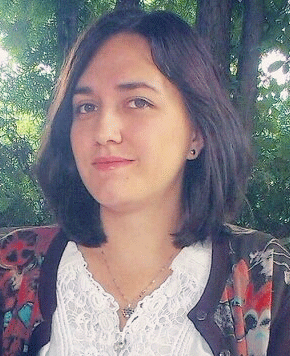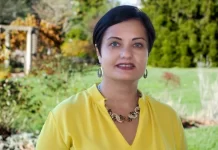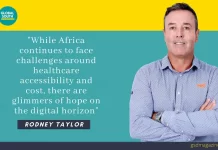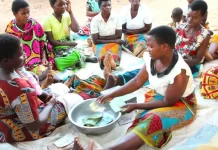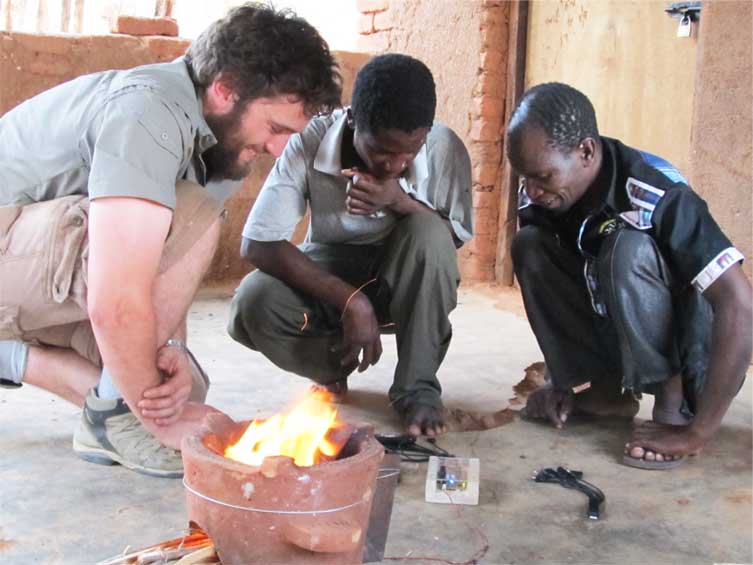Twenty years after the disaster of the war, the country does look different, but is it different enough in a positive direction? That’s the question many people are asking today. Peace is here, though needs to be nurtured and kept, but what about other aspects such as the economy and human rights issues that are important in keeping and building peace? There is no doubt that the economy and human rights situation should be improved in order to keep peace intact and to enable development and consequently build better future for the new generation.
Interestingly, women have been the focus of both economy and human rights in Bosnia and Herzegovina. Women in the country do have enormous potential, but at the same time are most vulnerable. They are the ones mentioned in all development reports and recommendations these days. Women or let’s say gender issues are indeed important for overall stability, a healthy economy, and human rights; and if we want further improvement in these aspects, improving the position of women and providing equal opportunities is essential.
Twenty years ago, gender issues were not a priority, but at this moment they need to be, since women are not present enough at any level in Bosnia and Herzegovina. They are not given equal opportunity in politics, in economic spheres, in work force; and they are even neglected in rural development initiatives. They should not be marginalized not because of their space in policy papers, rules and recommendations, but because women in this country have so much to offer.
After suffering some of the most degrading and cruel aspects of the war, twenty years ago, women of all nationalities in Bosnia and Herzegovina have managed to stay equally interested in the country’s development, to invest in their education, to develop the most creative ways of self-employment through rural agriculture, crafts, arts, as well as to become change-makers through civil society initiatives.

Many donor-supported projects and some local initiatives have proven that women can play a leading role in agricultural production. As the picture above shows, women have been beneficiaries in many agricultural projects and there are proven success stories. Women in Bosnia and Herzegovina are politicians, all kinds of experts, income generators in their families, innovators and many more, but when we look at the general picture, they have not been given equal chances to practice what they know. Women are not equally present in the parliament, they are not equally present as CEOs, and they are not recognized as leaders of small family farms even when they do all the work and perform leadership roles. This is where change needs to come.
The Gender Acton Plan at national level in Bosnia and Herzegovina does exist. There are also a few local level action plans. The good aspect is that the country is heading the right way and recognizing these issues. However, concrete steps are still lacking and it seems that a set by step approach is not enough. These action plans and policies need to get implemented deep enough and wide enough.
The process of change needs to involve men as well. Change needs to embrace politics, government, budgetary procedures, local initiatives and local communities. That change needs to go to schools, to boys and girls.
Bosnia and Herzegovina is resourceful and it is the most valuable of them all – the human resource – the potential of women. The country has to see this potential. Lately there is a troublesome trend of emigration from Bosnia and Herzegovina. The present moment is an opportunity to act for an upliftment of vulnerable groups and women, and changing the terms for women means also tackling unemployment, influencing the children, families, youths and so forth. Mothers, daughters, sisters, aunts, they should all be treated as change carriers, as developers, and not just as travelers and potential migrants with the tendency to leave this country.
They can become either of those, the country hopes they stay and get their chance. If women get their chance, everyone else gets their chance for better future along with them as well.


